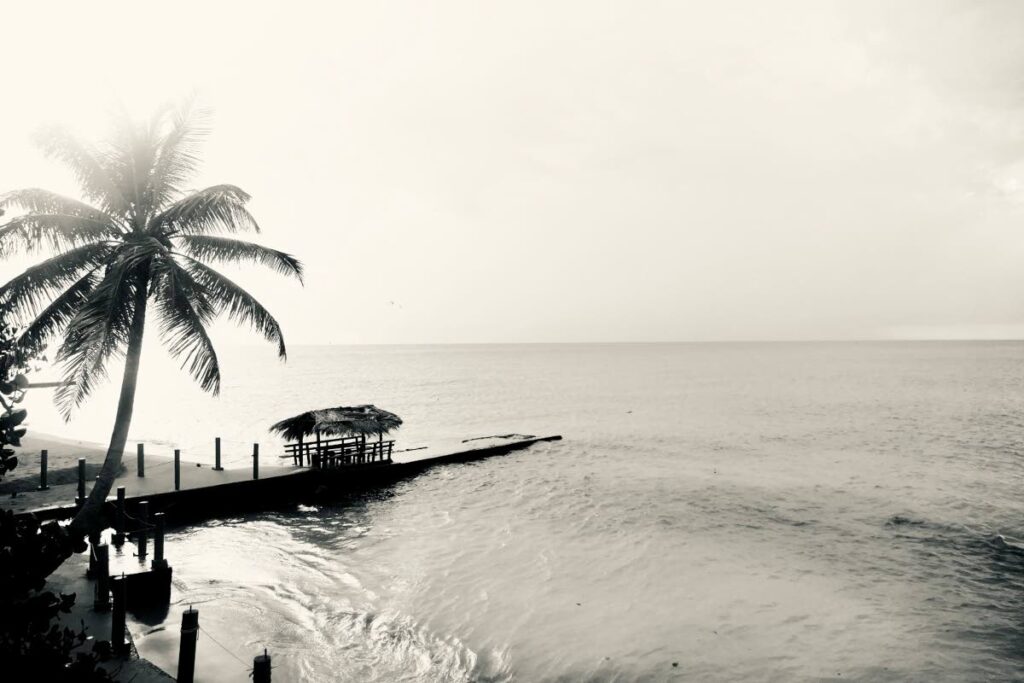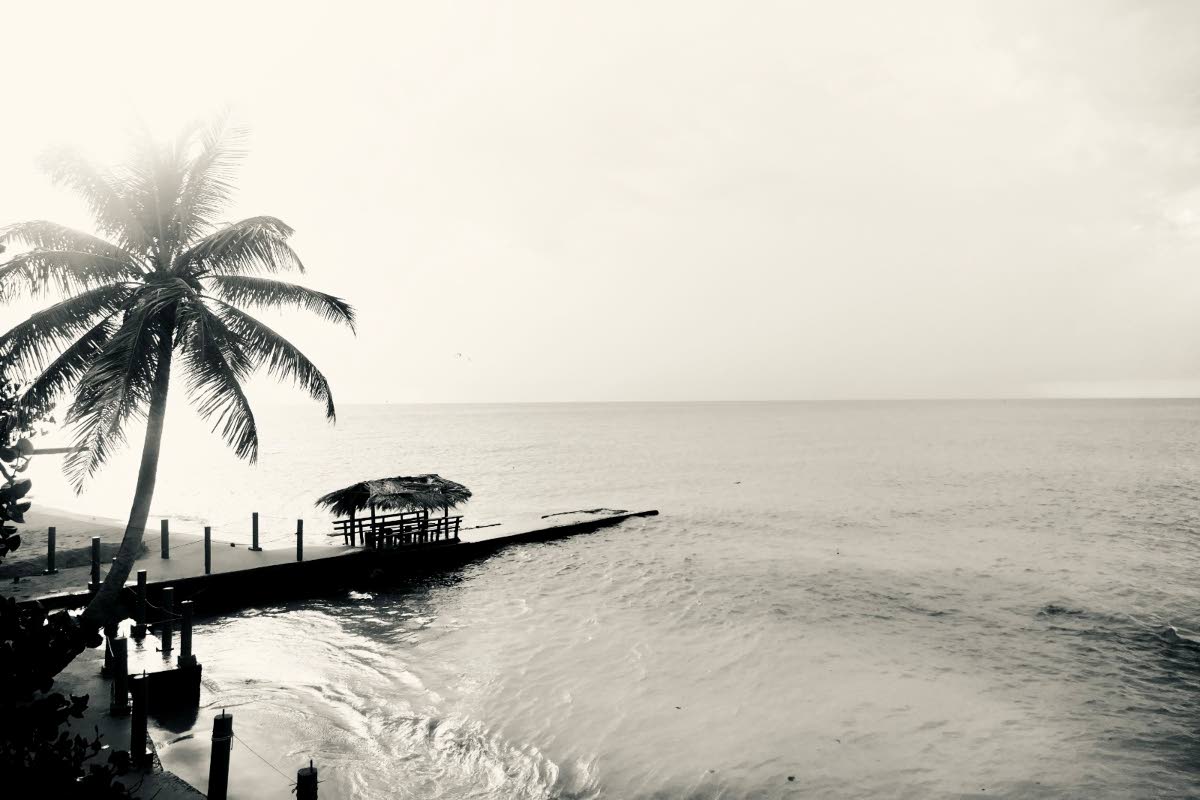Going beyond – Trinidad and Tobago Newsday
Elspeth Duncan

Every place in the world is “a destination” that someone might want to visit for one reason or another.
Usually, locals do not view their space in the way that tourists do. We are generally caught up in the daily grind of life and rarely take the time be “a tourist in our own country.”
When I moved to Tobago in 2012, various friends from different places in the world came to stay with me at different times. In those early days, my sole “occupation” was teaching yoga at various locations and hosting yoga retreats on the east coast where I lived. This left me with a lot of time to go exploring different beaches with my visiting friends or with yoga retreat participants.
I lived in Goodwood at that time, and our main explorations were on more rural parts of the island – Speyside, Charlotteville, the rainforest, Bloody Bay, Parlatuvier, Castara, etc. I am thankful that these areas were my initial stomping ground. Had I lived in the south I would less likely have experienced the joy of spending time in rural areas, where life is simpler, quieter, greener.
Many Trinidadians who come to Tobago as a “getaway” know little about the more rural districts as they seldom visit them. This could be for a number of reasons:
>
1. It is “too far” (even though the island is only 120 square miles)
2. Many do not rent cars or taxis, so they move around “on foot,” “close to their rented accommodation.”
3. Many are content to stay at Crown Point, swim at Store Bay or Pigeon Point and buy food at nearby eating places.
4. They want to be close to “the action” (not that the strip in Crown Point offers much of it, but comparatively speaking there is nowhere else in Tobago that seems as busy. That strip is described on the Visit Tobago website as “the heart of all the action”).

Recently, I was searching on Google for information on birds in Tobago, and the Visit Tobago/Go Beyond website popped up as a search result. I clicked on their headings and began to explore.
In clicking on various linked websites (tour operators, hotels, experiences, etc) I discovered two are not functional. (I reached out to them to let them know). I did not click on all links, but would hazard a guess that there could be other non-functional ones. If your business is listed on the site, as is mine, or you know someone whose is and you are reading this, check your web page and see if it is functional. If it is not, that could mean a lost opportunity when an eager visitor clicks on your dead page.
I once attended a Tobago tourism talk and one of the points raised (re Tobago’s efforts to improve tourism) was that a lot of tourism providers do not respond quickly to e-mails (if at all), that websites are not always functional (if they have websites at all) and online payment methods may not be available. This points to a need for Tobago service providers, in general, to beef up on the quality of their online/internet presence and offerings.
In this fast-moving world, online activity/business is vital. Even if tourists want to come here to feel “untouched and undiscovered,” they prefer and need their online access to local offerings to be “in touch and discoverable.”
>
Recently Digipreneur Keron Rose recommended the win-win strategy of Tobago positioning itself as a destination for digital nomads – individuals from around the world who work remotely in the countries to which they travel. This location-independent working/playing lifestyle turns the world into one’s office/adventure-ground, with sometimes months-long stays in countries of choice.
In Tobago, where WiFi connection can sometimes be spotty or non-existent, the average digital “working tourist” will encounter some frustrations – but for now, perhaps they can see the occasional hunt for good WiFi as a part of the adventure package.
When scrolling through the “101 Reasons Tobago” on the Visit Tobago site, I noted that while I have experienced most of the listed offerings, there are some that I have not tried. Most of those involve diving, which is not in my current portfolio of capabilities.
Admittedly, my personal view of Tobago as a “paradise” has been marred by the never-ending examples of suffering animals that I encounter daily through animal rescue work.
However, lately I am consciously trying to “go beyond” that and rediscover the island through tourist-coloured glasses.

